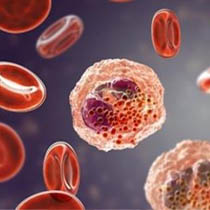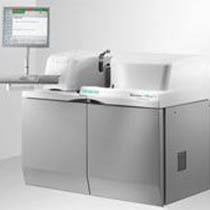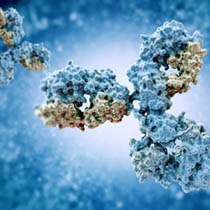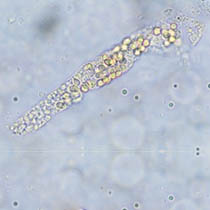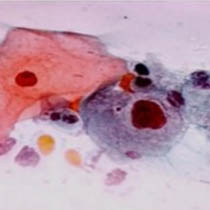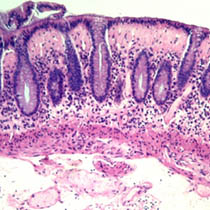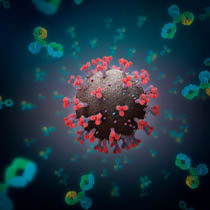
HEMATOLOGY
Hematology tests include tests on the blood, blood proteins and blood-producing organs. Hematological tests can help diagnose anemia, infection, hemophilia, blood-clotting disorders, and leukemia. The components of human blood include: Plasma
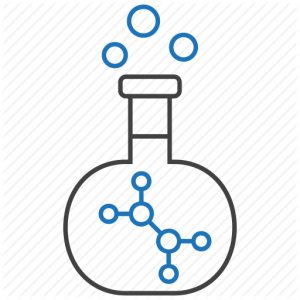
BIOCHEMISTRY
Biochemistry is used to learn about the biological processes which take place in cells and organisms. Biochemistry may be used to study the properties of biological molecules, for a variety of purposes
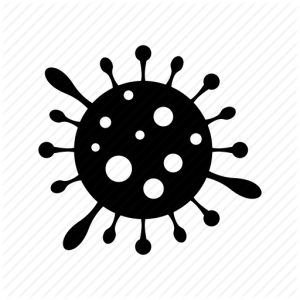
IMMUNOLOGY
Immunology is the study of the immune system and is a very important branch of the medical and biological sciences. … If the immune system is not functioning as it should, it can result in disease, such as autoimmunity, allergy and cancer
CLINICAL PATHOLOGY
Clinical pathology supports the diagnosis of disease using laboratory testing of blood and other bodily fluids, tissues, and microscopic evaluation of individual cells. Our board-certified veterinary clinical pathologists and technologists provide laboratory results in a timely, efficient and thoughtful manner; supporting research, clinicians, referring veterinarians, and students in the diagnosis and treatment of many animal species

CYTOLOGY
Cytology is the examination of cells from the body under a microscope. In a urine cytology exam, a doctor looks at cells collected from a urine specimen to see how they look and function. The test commonly checks for infection, inflammatory disease of the urinary tract, cancer, or precancerous conditions.

HISTOPATHOLOGY
A biopsy is the surgical removal of a representative sample of tissue from a suspicious lesion. The biopsy is then processed and is examined under a microscope (see histopathology below).
Histopathology is the diagnosis and study of diseases of the tissues, and involves examining tissues and/or cells under a microscope. Histopathologists are responsible for making tissue diagnoses and helping clinicians manage a patient’s care.

MICROBIOLOGY
Microbiology is the study of all living organisms that are too small to be visible with the naked eye. This includes bacteria, archaea, viruses, fungi, prions, protozoa and algae, collectively known as ‘microbes’.
A microbiologist is a scientist who studies microscopic organisms including bacteria, algae, and fungi. Often, they study organisms that cause disease and environmental damage or are of industrial or agricultural interest. They also study the characteristics of nonliving pathogens, such as viruses and prions.

THYROID TEST
The thyroid gland is located in the lower part of the neck, below the Adam’s apple.The gland wraps around the windpipe (trachea) and has a shape that is similar to a butterfly – formed by two wings (lobes) and attached by a middle part (isthmus).

VITAMIN D TEST
Vitamin D comes from two sources: endogenous, which is produced in the skin on exposure to sunlight, and exogenous, which is ingested in foods and supplements. The chemical structures of the types of vitamin D are slightly different, and they are named vitamin D2 (ergocalciferol, which comes from plants) and vitamin

LIVER
Liver function tests (also known as a liver panel) are blood tests that measure different enzymes, proteins, and other substances made by the liver. These tests check the overall health of your liver. The different substances are often tested at the same time on a single blood sample,

KIDNEY
Your kidneys play several vital roles in maintaining your health. One of their most important jobs is to filter waste materials from the blood and expel them from the body as urine. The kidneys also help control the levels of water and various essential minerals in the body
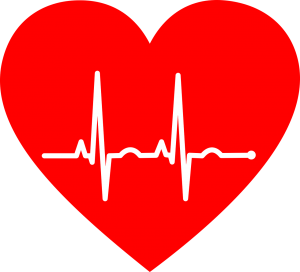
HEALTH TEST
Is your lifestyle slowly wearing you down? Is the way you live conducive to your physical, mental, and emotional health, or are you making it hard on yourself? Your diet, exercise habits and daily routines have a huge impact on your overall wellness. Find out if your lifestyle needs to be redesigned in the name of personal peace and health with this test.

HEART
Heart tests give you and your doctor more information about the condition of your heart and can help you find out which treatment(s) may be best for you. Want to know what to expect during a heart test? Learn about what’s involved in different tests to check on your heart.
BLOOD TEST
Blood tests are a standard part of routine and preventive healthcare. A doctor will often order a blood test before or following a physical examination. A doctor may also order blood tests to evaluate specific conditions.

DIABETES
Diabetes is a chronic (long-lasting) health condition that affects how your body turns food into energy.Most of the food you eat is broken down into sugar (also called glucose) and released into your bloodstream. When your blood sugar goes up, it signals your pancreas to release insulin. Insulin acts like a key to let the blood sugar into your body’s cells for use as energy.

